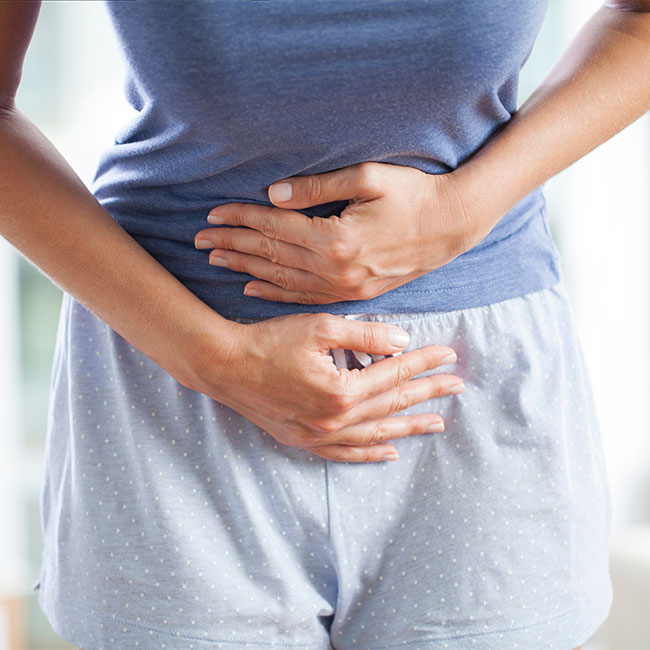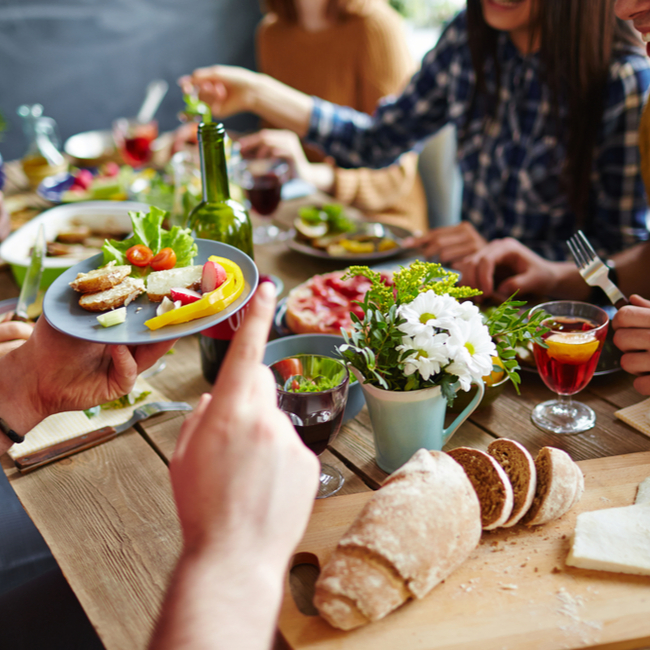The One Thing You Should Never Eat For Dinner If You Struggle With Morning Bloat
June 1, 2022 by Louise Ferrer
People always say that breakfast is the most important meal of the day. When you start your morning right with a healthy plate, you are giving your body the essential vitamins and nutrients it needs to function. On top of that, eating breakfast gives you energy, boosts your brainpower, and even puts you in a good mood.
While all these statements hold true, it’s also crucial to understand that what you eat for dinner is just as significant. The food you consume at night matters greatly because it can affect how your body reacts and feels when you wake up the next morning. Take for example, bloating. This is a pretty common issue for people and if you find yourself in the same situation, you should know that one way to relieve it is through a proper diet.
So with that in mind, what exactly are the foods you should avoid at night to keep yourself from feeling bloated the next day? We reached out to Dr. Amy Lee, Nucific partner and board certified doctor in internal medicine, medical nutrition, and obesity medicine to find out. Keep reading to learn more.


